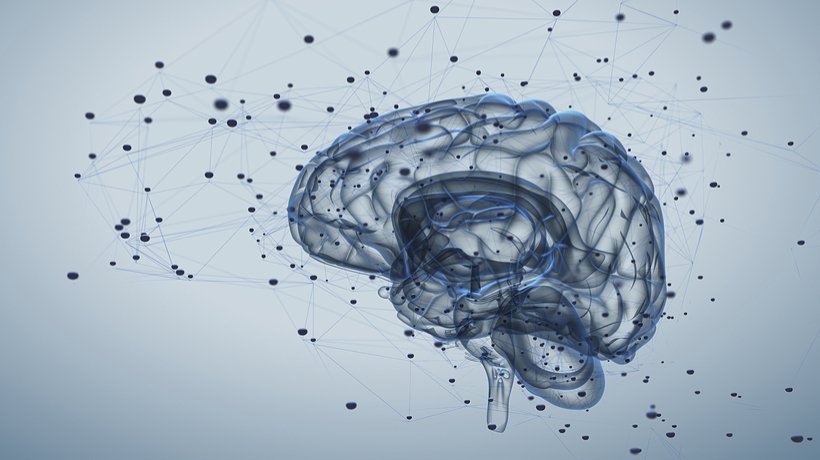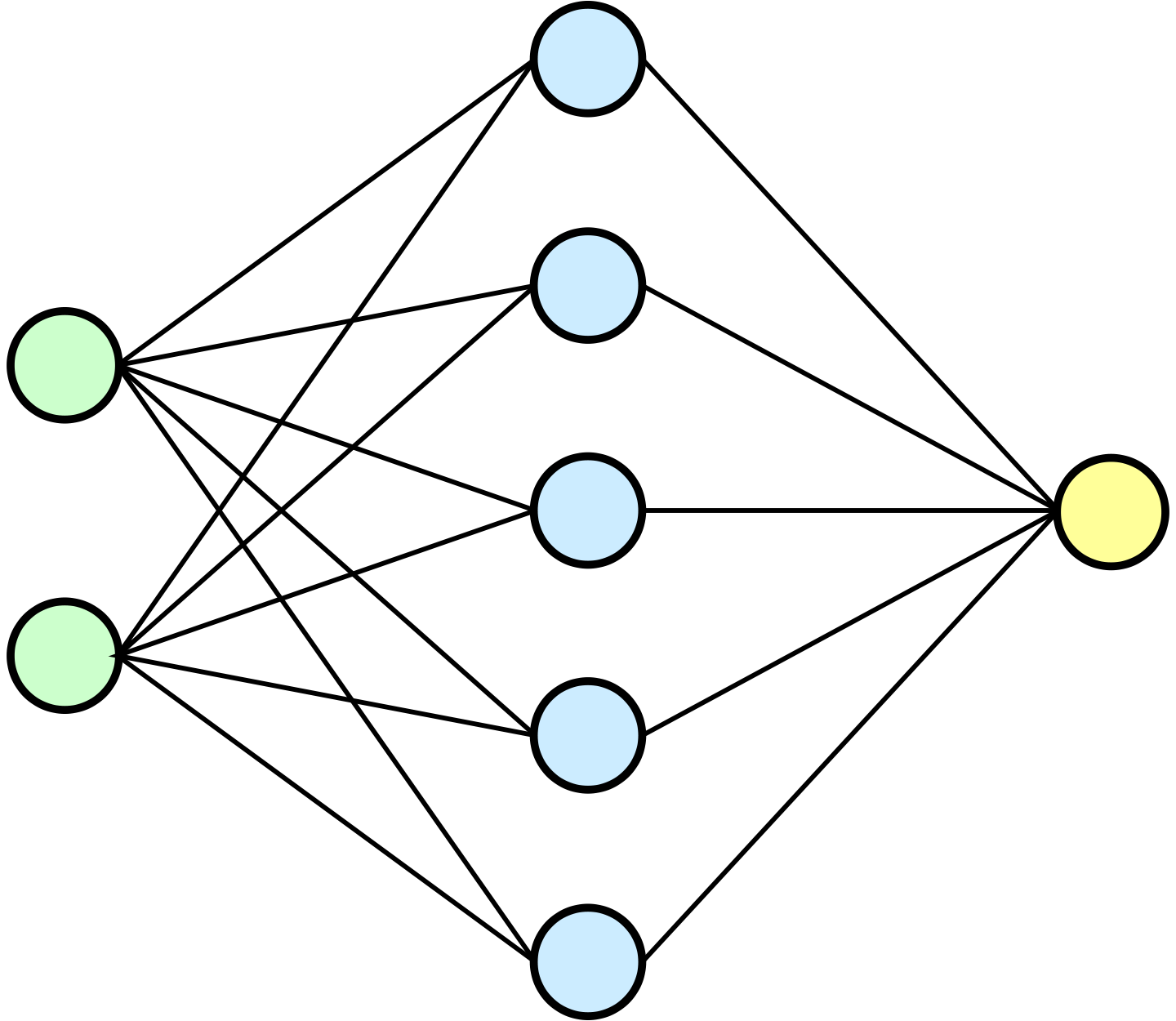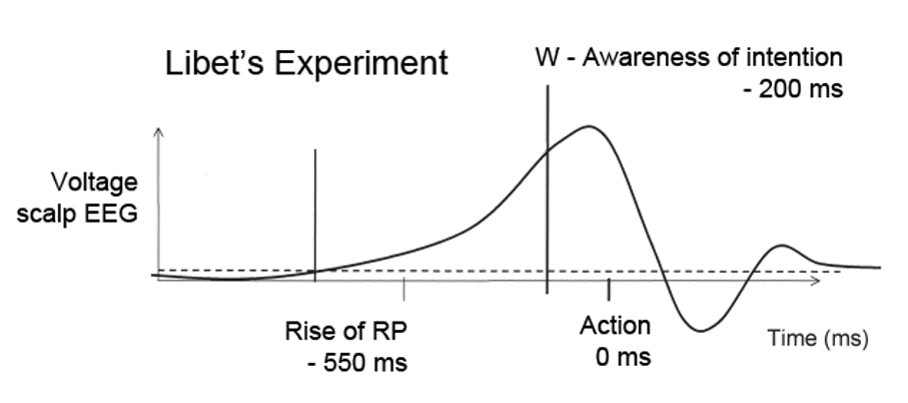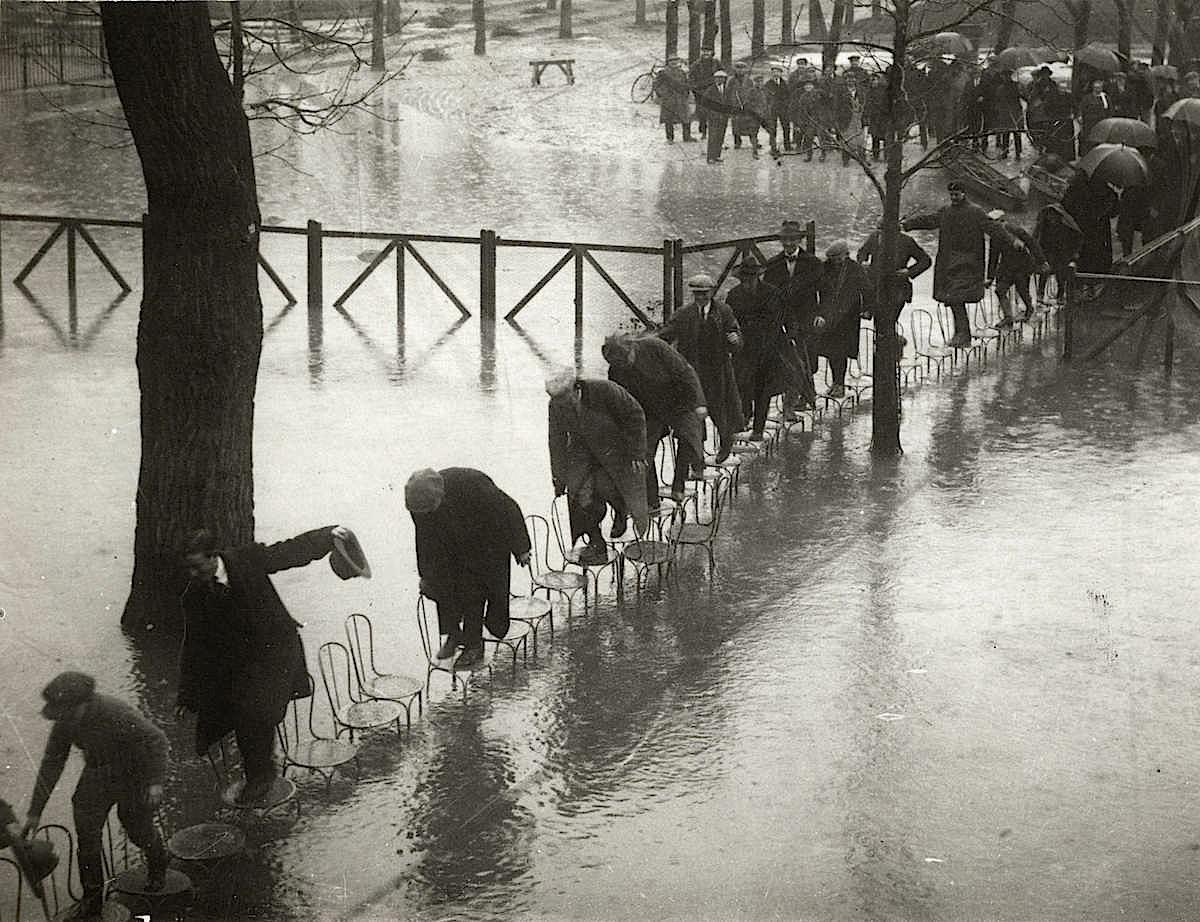Neural Mechanisms Online 2018: An Interim Report — and call for discussants
[The following is a guest post by the organizers of Neural Mechanisms Online. — JS] Neural Mechanisms Online 2018 is a cycle of webinars (i.e. web seminars) on the philosophy of neuroscience. The speakers are several philosophers from all around the world, either junior or senior (see the calendar). The …





